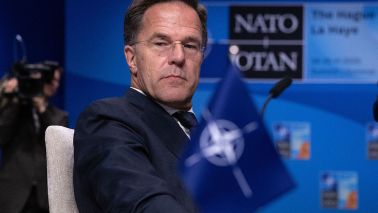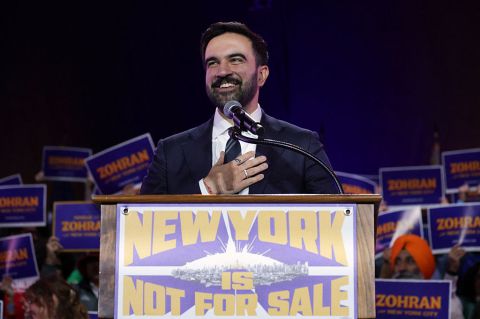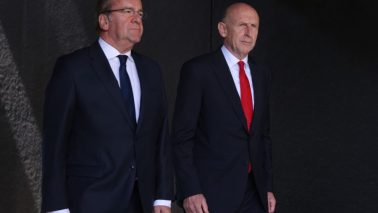No, Elon Musk: we Brits aren’t hobbits
‘When Tolkien wrote about the hobbits, he was referring to the gentlefolk of the English shires, who don’t realise the horrors that take place far away,’ Elon Musk wrote on X in response to the news of the fatal stabbing of Wayne Broadhurst in Uxbridge. ‘They were able to live their lives in peace and tranquility,’ Musk explained, ‘but only because they were protected by the hard men of Gondor.’ ‘When Tolkien wrote about hobbits, he was referring to the gentlefolk of the English shires,’ Elon Musk said The billionaire X owner was employing this literary allusion, he said, to propose a new breed of Tolkienesque ‘hard men’ – he






































